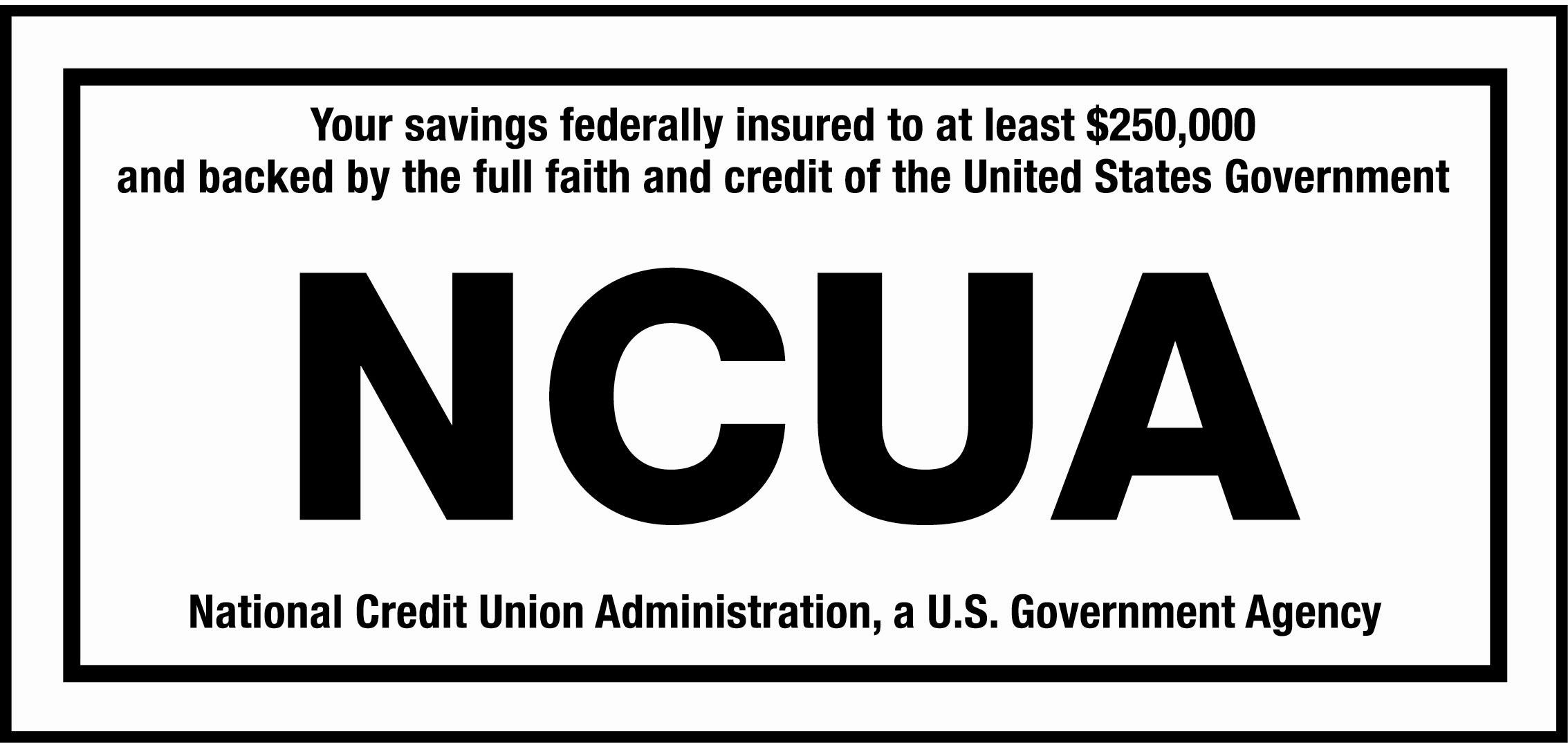IRS Reveals List of Dirty Dozen Tax Scams for 2020

Watch out for the IRS’s Dirty Dozen tax scams of 2020, which continue spreading for months after Tax Day. This year’s edition centers much on the COVID-19 pandemic.
1. Phishing: Fake emails or websites impersonate the IRS while trying to steal information about refunds or Economic Impact Payments (EIPs).
2. Fake charities: Criminals exploit the fear surrounding the pandemic to set up bogus charities and then rob innocent victims who believe they’re helping the unfortunate.
3. Threatening impersonator phone calls: An alleged IRS agent threatens arrest, deportation or license revocation if taxes are not paid immediately by gift card or wire transfer.
4. Social media scams: Scammers use information found on social media platforms for a variety of scams.
5. EIP or refund theft: Scammers steal taxpayers’ identities, file false tax returns in their names and pocket the refunds and their EIPs.
6. Senior fraud: Scammers, or long-term caregivers of the elderly, file tax returns on their behalf and pocket the refunds and EIPs.
7. Scams targeting non-English speakers: Scammers impersonate IRS agents and threaten jail time, deportation or revocation of driver’s license if an immediate payment is not made.
8. Unscrupulous return preparers: Alleged tax preparers will offer their services and then file a tax return on the victim’s behalf and pocket the refund.
9. Offer in Compromise scams: Bogus tax debt resolution companies make false claims about settling tax debts for “pennies on the dollar” through an Offer in Compromise (OIC) in exchange for a steep fee.
10. Fake payments with repayment demands: A scammer files a fake tax return on a victim’s behalf and has the refund deposited into the taxpayer’s checking account. The scammer then impersonates the IRS, telling the victim that the refund was mistakenly inflated and the victim must return the extra funds via gift card or wire transfer.
11. Payroll and HR scams: Scammers steal W-2s and other tax information. They then impersonate employees, asking HR staff to change direct deposit information for their paychecks.
12. Ransomware: Malware infects a victim’s computer, network or server. Sensitive data is encrypted and locked. The scammer demands a ransom payment in return for the victim’s information.
Protect yourself
- Remember these basic rules and information to stay safe:
- The IRS will never initiate contact with taxpayers via email.
- The IRS will never insist on a specific means of payment.
- The IRS will not threaten taxpayers over the phone or insist upon immediate payment.
- Refund checks will never be deposited in a taxpayer’s account if they have not filed taxes.
- Taxpayers can search for legitimate charities using the IRS’s charity search tool.
- Taxpayers can use the IRS’s OIC tool to see if they qualify for an authentic offer.
- Legitimate tax preparers will have a preparer Tax Identification Number (TIN).
- Personal information should never be shared online with an unverified contact.
- Links embedded in emails from unverified sources should never be clicked.
- Tax software should not be downloaded unless it features multi-factor authentication.



